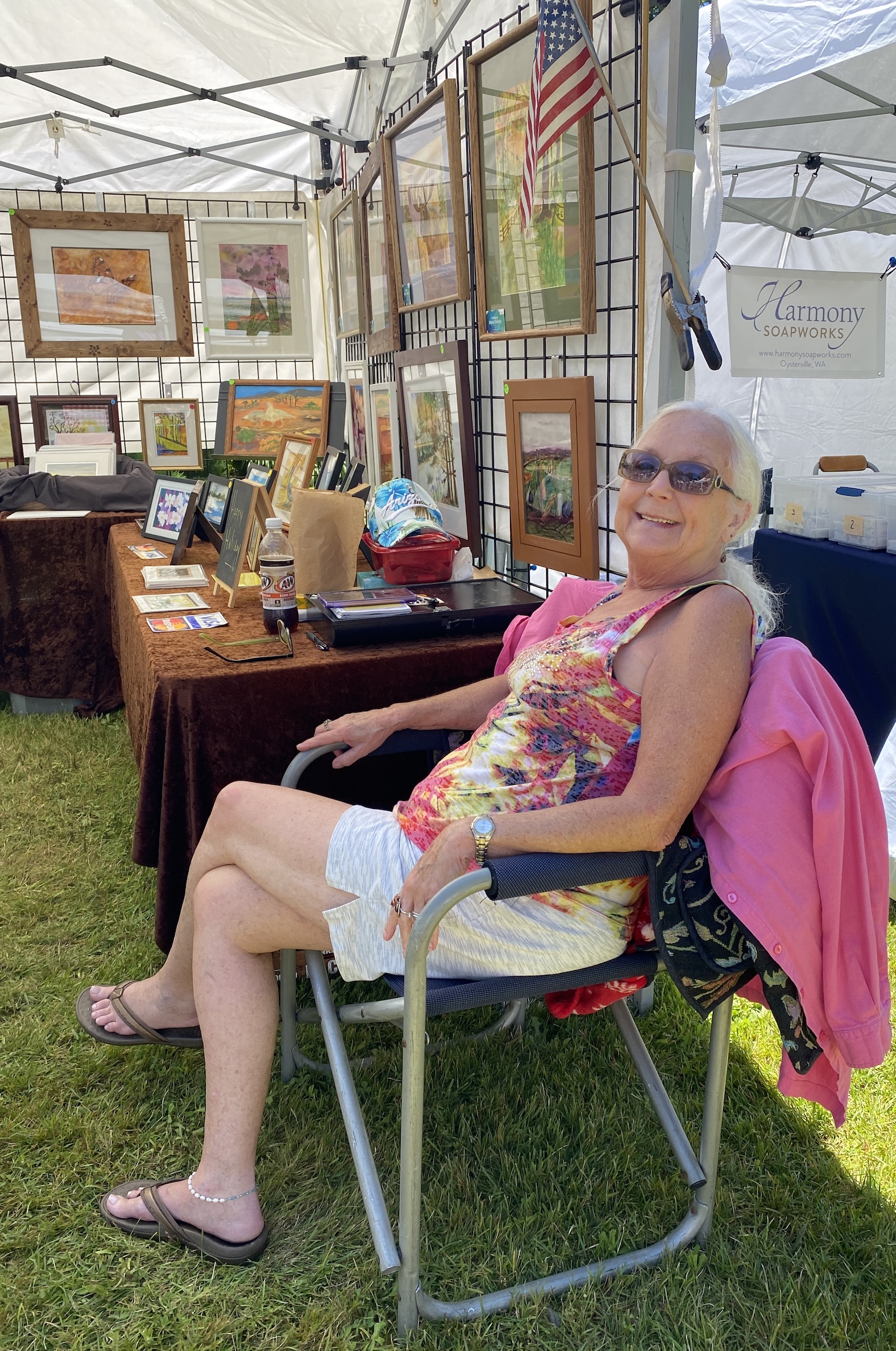The Bookmonger: This memoir digs deep
Published 12:03 pm Wednesday, July 9, 2025

- “A Field Guide to the Subterranean” by Justin Hocking Counterpoint – 224 pp - $28
In 2015, Justin Hocking received the Oregon Book Award in Nonfiction for his memoir, “The Great Floodgates of the Wonderworld.” Ten years on, he’s back with a new memoir, “A Field Guide to the Subterranean.”
Though he has long called Oregon home – Hocking served as executive director of the Portland-based Independent Publishing Resource Center from 2006-2014 and now teaches creative writing in the BFA and MFA programs at Portland State University – the author was born and raised in southern Colorado.
When his mom was in her final trimester of pregnancy, the federal government conducted an underground nuclear detonation just a few miles away from the family ranch. Project Plowshare was a post-World War II government operation exploring the potential industrial applications of nuclear explosions. The blast produced at the Rio Blanco site was several times the order of magnitude of “Little Boy,” the bomb that had been dropped on Hiroshima. The resulting radioactivity proved to be one of the final nails in the coffin of that 20th-century “swords into plowshares” project.
Trending
Hocking writes about this, and about the nearby mining towns that, once the mountains had been plundered of their minerals, had long since gone bust. He ponders the ages-old geology of Colorado as the backdrop for his formative years. With his mom, he went swimming in the geothermally heated pools. With his dad, he visited ghost towns. With childhood chums, he went hiking, climbing and spelunking.
But he also ponders the tectonic shift that occurred in his own life when his parents split up. At only seven years old, Hocking had to start shuttling between two different living situations. Each of his parents needed to work extra hours to pay for their respective new single-parent household set-ups, so Hocking became a latchkey kid.
And the teenager next door, a handy babysitter, became his sexual abuser.
As a young adult, Hocking thought to expunge the confusion and shame of those years by honing his masculinity through programs like Outward Bound. Orienteering, cooking on a camp stove, sleeping under the stars, and peak-bagging might have been a good start toward building self-confidence. Unfortunately, one of his chief takeaways from that period was post-traumatic stress disorder, after one aspiring mountaineer went missing.
Intermittent but severe episodes of depression later on led the author to seek counseling. That excavation of repressed memories led him to consider – and now prompt him to write about – exploitation on many different levels, from his own personal experience to the damage wreaked on Mother Earth by centuries of human extraction.
Other elements that Hocking brings into this narrative include skateboarding, questionable hijinks as played out in “Hogan’s Heroes,” surfing, birds, Robert Bly’s “Iron Man” thesis (as well as references to many other books and authors), late-stage capitalism, and a Costa Rican ashram.
Trending
It sounds like a mish-mash, but instead let’s call “A Field Guide to the Subterranean” a metamorphic memoir. What Hocking calls “the rock tumbler” of his mind produces healing thoughts and solid writing.
The Bookmonger is Barbara Lloyd McMichael, who writes this weekly column focusing on the books, authors and publishers of the Pacific Northwest. Contact her at bkmonger@nwlink.com









